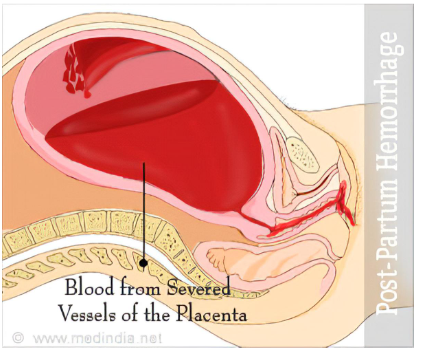Complications of Cesarean delivery
Complications of Cesarean delivery ( 5 Questions)
A nurse is teaching a client who had a cesarean delivery about measures to prevent deep vein thrombosis (DVT).
Which of the following instructions should the nurse include? (Select all that apply.).
wearing anti-embolism stockings as prescribed can help improve blood flow and reduce swelling in the legs .
voiding crossing your legs when sitting or lying down can prevent pressure on the veins and reduce the risk of blood clots .
performing ankle and calf exercises every hour while awake can stimulate blood circulation and prevent blood from pooling in the lower extremities .
drinking at least 3 liters of fluid per day can help prevent dehydration, which can thicken the blood and increase the risk of clotting .
elevating your legs above your heart level when resting can impair venous return and increase the risk of DVT . This position is recommended for patients with arterial insufficiency, not venous insufficiency .
The correct answer is choice A, B, C and D. These are all measures to prevent deep vein thrombosis (DVT) after cesarean delivery. DVT is a blood clot that forms in the deep veins of the legs or arms and can break off and travel to the lungs, causing a life-threatening condition called pulmonary embolism (PE) .
Choice A is correct because wearing anti-embolism stockings as prescribed can help improve blood flow and reduce swelling in the legs .
Choice B is correct because avoiding crossing your legs when sitting or lying down can prevent pressure on the veins and reduce the risk of blood clots .
Choice C is correct because performing ankle and calf exercises every hour while awake can stimulate blood circulation and prevent blood from pooling in the lower extremities .
Choice D is correct because drinking at least 3 liters of fluid per day can help prevent dehydration, which can thicken the blood and increase the risk of clotting .
Choice E is wrong because elevating your legs above your heart level when resting can impair venous return and increase the risk of DVT . This position is recommended for patients with arterial insufficiency, not venous insufficiency .
